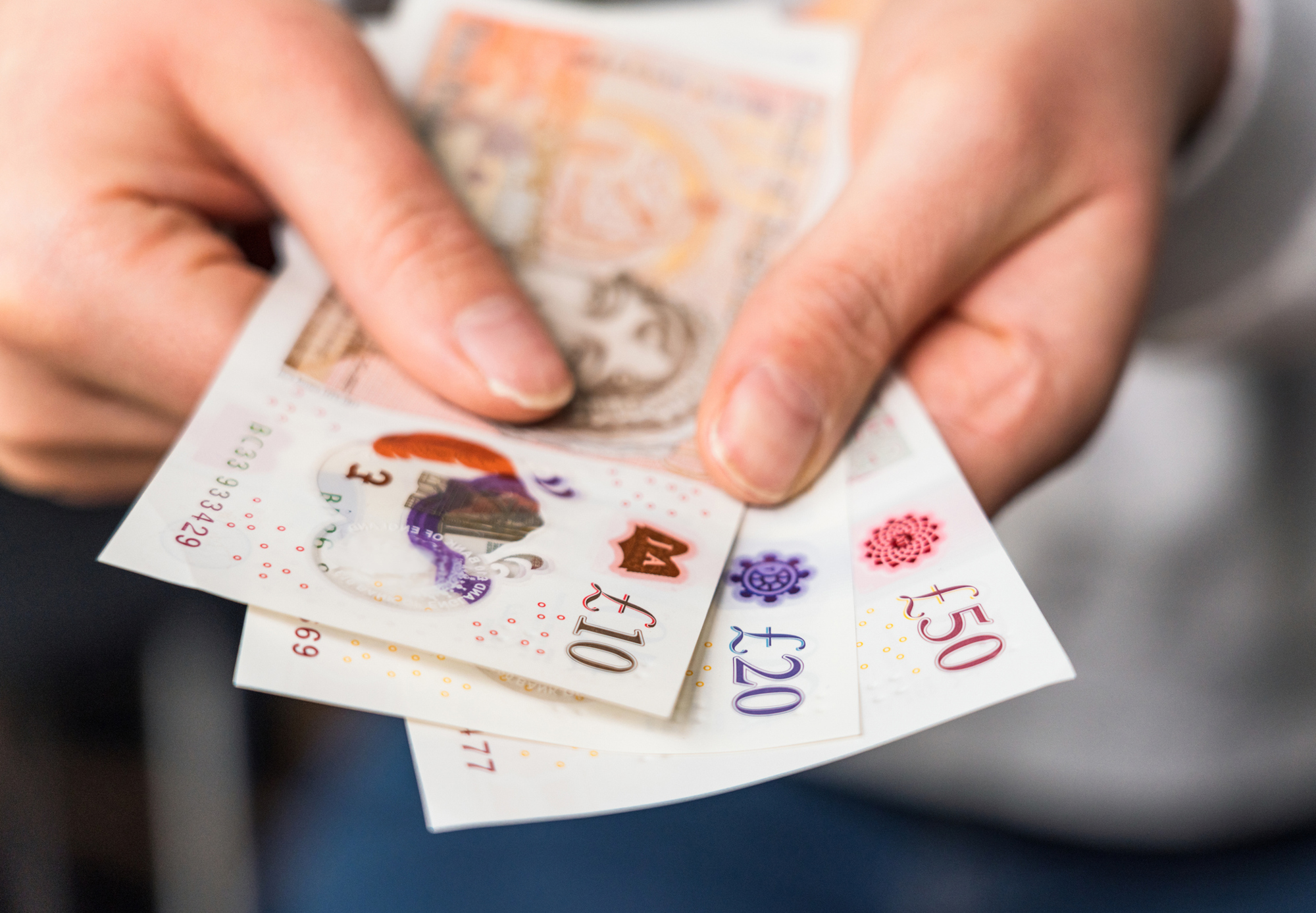News
Majority of UK adults still value cash despite digital payments

New online research published today by LINK, the UK’s cash access and ATM network, shows that cash is the most trusted payment method, with customers saying it gives them more control of their spending.
The data forms part of LINK’s regular research to understand current payment and spending habits. While contactless card payments are seen as the most convenient and quickest form of payment by a significant majority of consumers, cash is seen as the most reassuring for staying within a budget and fully understanding the cost of shopping too. Almost two-thirds of consumers (65%) also said cash protects them from fraud compared to (22%) contactless card and (18%) digital wallets.
Almost two-thirds (65%) said cash gives them confidence that nothing would go wrong, such as a payment outage, whilst 68% also highlighting that using cash is good for retailers - as it’s cost efficient to accept it.
The data shows more than three-quarters of people (76%) believe it is important to have the option to pay with cash and 82% think all shops should accept it.
Key Findings:
- Contactless via card remains the most preferred payment method for consumers with 40% choosing this option. This is slightly down on previous LINK research and may reflect the growing popularity of digital wallets such as ApplePay or Google, which increased over the same period.
- Cash especially remains popular among older consumers aged 55+ with 25% preferring cash compared to 8% of 25-34 year olds.
- Supermarkets (27%) and convenience stores (26%) continue to be the most popular places where people have spent/spend cash.
- Almost seven-in-ten (69%) of the adult population said they used cash to pay for something in the past two weeks. Looking at the responses to this question over time, we can see this has been between 69%-73% since February 2022. This suggests that despite overall cash spending falling, regular use for everyday in-person transactions remains stable.
- Over half of the population (52%) said they had been somewhere over the past two months that had not accepted or discouraged the use of cash. This is slightly higher than the previous iteration of research. 56% of respondents said it was of inconvenience to them.
While 75% of respondents said they can easily make all their day-to-day payments by phone or card (opposed to 11% who say they can’t), 89% said it’s important that cash remains an option as digital options may not work. 85% also highlighted the risk of a cashless society and the effect on people who cannot use digital payments yet.
85% worry that a cashless society could exclude vulnerable groups, and 71% see cash as vital for personal freedom.
While digital adoption is increasing, 63% of respondents say they are unlikely to go completely cashless in the next 12 months. Only 8% report being entirely cashless today, up from 6% in late 2024.
Graham Mott, LINK Director of Strategy. “Cash remains a critical part of the UK’s payment landscape. This research shows that, while digital payments are growing, cash continues to play a vital role in financial inclusion, budgeting, and consumer choice.”